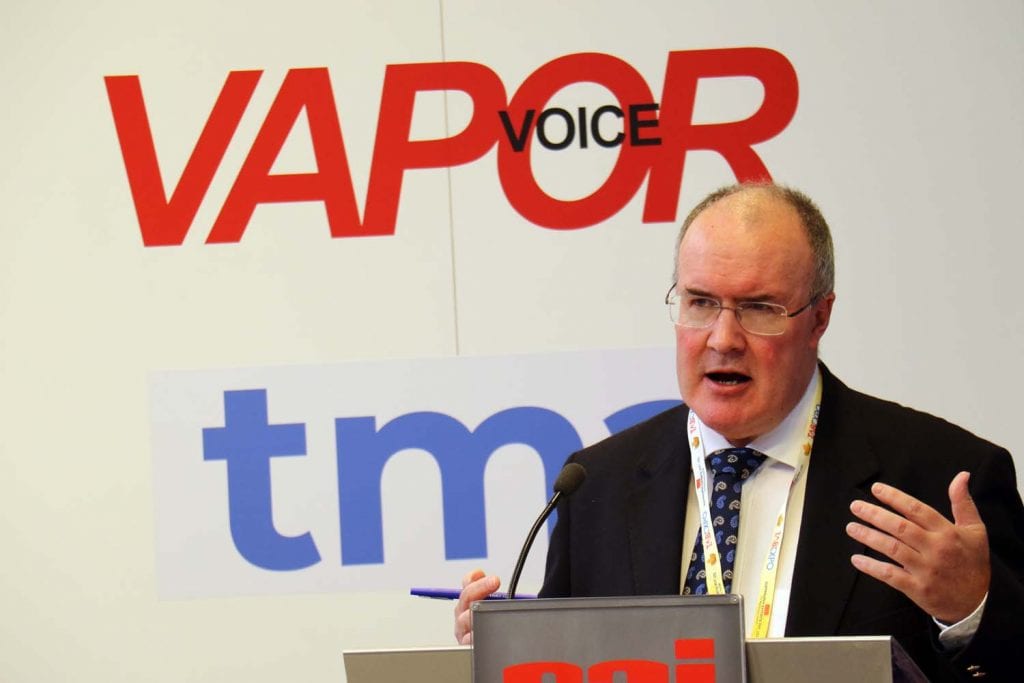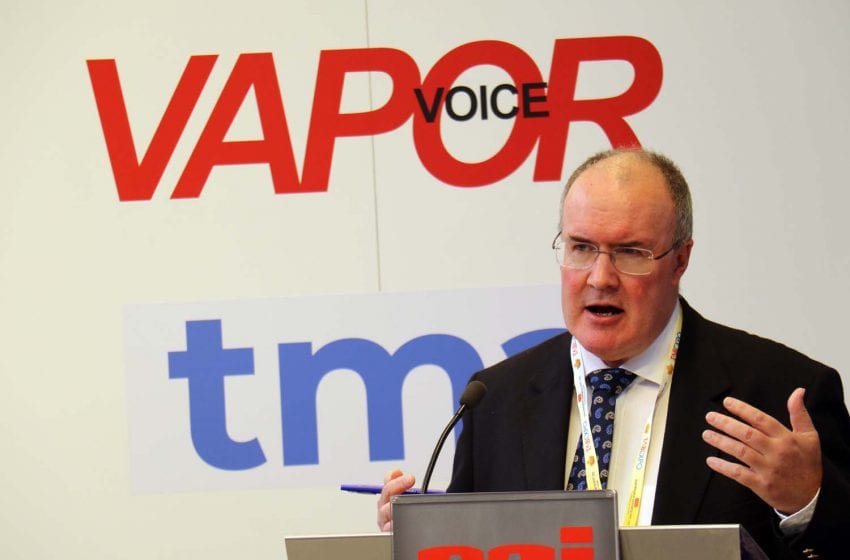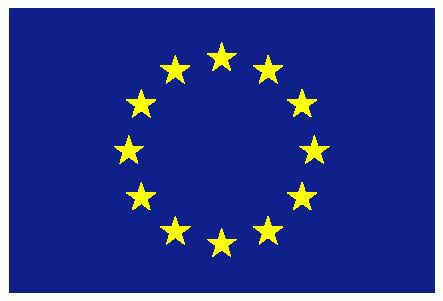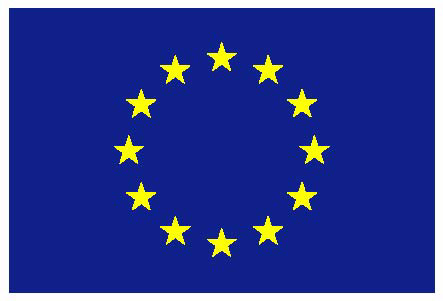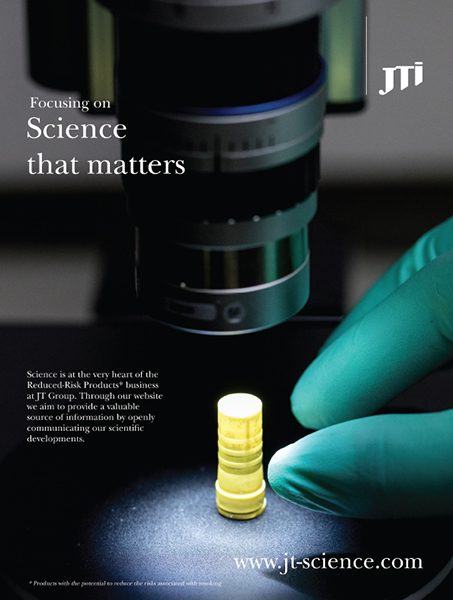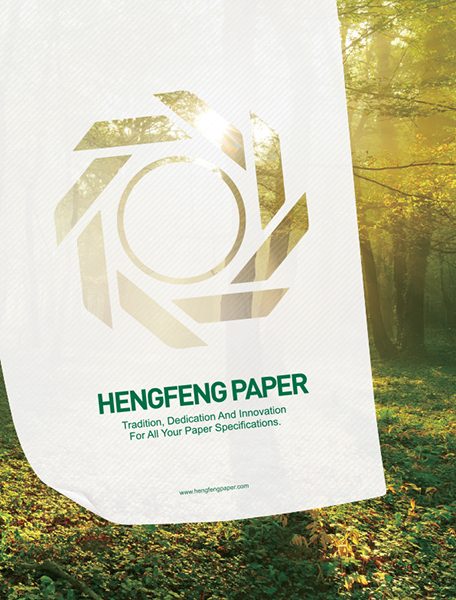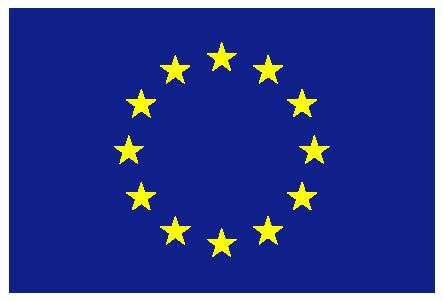EU anti-fraud office OLAF had no hard evidence that former health commissioner John Dalli tried to solicit a bribe from a tobacco firm.
The information comes from its confidential report into the Dalli case, part of which was leaked on Sunday, April 28, by the MaltaToday news agency.
In his cover letter to the paper, dated October 17, OLAF chief Giovanni Kessler said: “There is no conclusive evidence of the direct participation of commissioner John Dalli either as instigator or as mastermind of the operation of requesting money in exchange for the promised political services.”
Dalli lost his post last year over allegations he used a middleman to ask tobacco firm Swedish Match for millions of euros to change EU legislation, according to a story published by EUobserver.com
Sale of Swedish Match’s mouth tobacco, snus, is banned in every member state except Sweden. Dalli’s task was – his accusers claim – to lift the ban in exchange for money.
The deal was allegedly brokered by Silvio Zammit (a Maltese local politician and restaurant owner with close ties to Dalli) and Gayle Kimberley (a Malta-based consultant hired by Swedish Match) at a meeting in February 2012. Dalli says he had nothing to do with Zammit’s scheme.
While the OLAF report admits there is no incriminating evidence, it still makes Dalli look bad. It says he attempted to muddle evidence and was most likely aware of Zammit’s plan.
Dalli met Zammit in February just three days before Zammit allegedly asked Kimberley for the money on Dalli’s behalf. Dalli initially denied his Zammit meeting took place, but changed his story later on.
OLAF also says Dalli met directly with tobacco lobbyists who “have a personal interest in a matter within his portfolio” in breach of the EU commissioners’ code of conduct.
He first met with Zammit and with the European Smokeless Tobacco Council (ESTOC) in August 2010. He met again with Zammit and Kimberley in January 2012.
When questioned by OLAF on what went on at the various events, Dalli tried to hide “content relevant to the issue at stake.”
The OLAF report states “the inconsistency of commissioner John Dalli’s statements together with the findings of this investigation relating to him, could be seen as a serious breach of duty to behave in keeping with the dignity and the duties of his office.”
It adds: “there are a number of unambiguous and converging circumstantial items of evidence gathered in the course of the investigation, indicating that … Dalli was actually aware of both the machinations of Silvio Zammit and the fact that the latter was using his name and position to gain financial advantages.”
The report contradicts some recent statements made by euro-deputies. French Green MEP Jose Bove in March this year met with Swedish Match employees Johan Gabrielsson and Cecilia Kindstrand-Isaksson.
He said they told him the February 2012 meeting where Zammit allegedly asked Kimberley for the bribe never took place. They also told Bove that OLAF instructed Kimberley to lie about it in order to build its case.
OLAF denies this. Its leaked report faithfully records that Kimberley made “contradictory” statements about her relations with Zammit and Gabrielsson.
The former head of the commission’s legal service, Michel Petite – whose new employer, law firm Clifford Chance, works for tobacco giant Philip Morris – also played a prominent role in the affair.
The OLAF report says Petite met with his former colleague — the commission’s top civil servant, Catherine Day – to pass on Swedish Match’s bribery allegations, prompting the OLAF probe.
The report quotes another Swedish Match employee, Frederik Peyron, as saying: “We started planning for how to report this matter to the relevant EU authorities and contacted Michel Petite at Clifford Chance to receive advice. At our request, he contacted Catherine Day, and we submitted a written report on the matter.”
For German conservative MEP Ingeborg Graessle, the leaked report shows OLAF itself in a bad light.
“Despite missing some important pages, the document confirms the impression of a biased and partly amateurish investigation by OLAF,” she said on Monday.
“The part of the report now accessible is full of speculation, assertions and obviously uncritical repetition of witness accounts,” she added.
The Brussels-based pro-transparency NGO, Corporate Europe Observatory, agreed with her.
“It looks as if OLAF has selectively compiled arguments to support that Dalli had behaved inappropriately, without considering the credibility of the witnesses,” it said on Monday.
It described the Petite-Day relationship as “shocking.”
